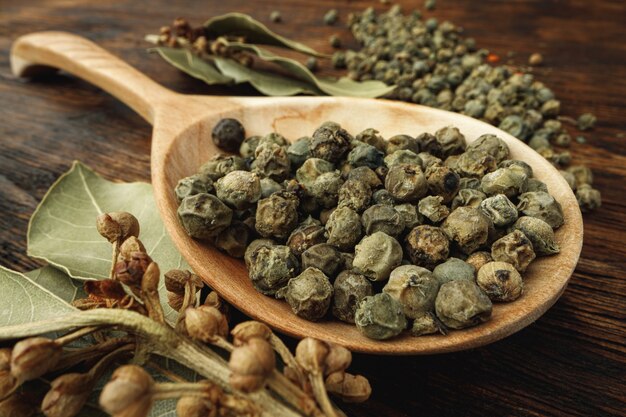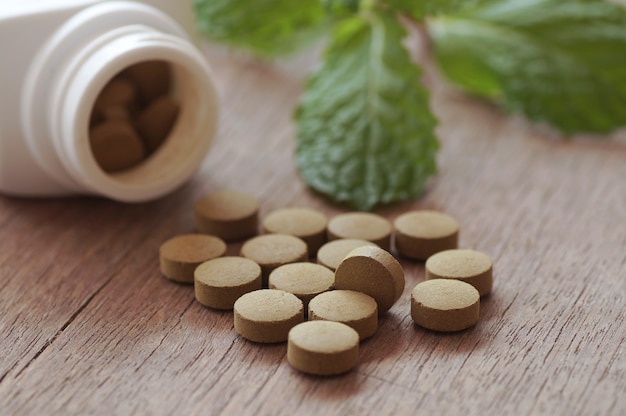Ask Ayurvedic doctor a question and get a consultation online on the problem of your concern in a free or paid mode. More than 2,000 experienced doctors work and wait for your questions on our site and help users to solve their health problems every day.
Gokshuradi Guggulu for Creatinine – Ayurvedic Support for Kidney Health

Introduction to Gokshuradi Guggulu for Creatinine
Gokshuradi Guggulu is a revered Ayurvedic formulation traditionally used to support kidney and urinary tract health. Elevated creatinine levels often indicate impaired kidney function, and this herbal remedy works to balance the body’s doshas while promoting detoxification and efficient renal function. By incorporating Gokshuradi Guggulu into your wellness routine, you may help manage creatinine levels naturally and maintain optimal kidney health through the time-tested principles of Ayurveda.
Don't wait or self medicate. Start chat with Doctor NOW
Historical Roots & Ayurvedic Significance
In Ayurveda, maintaining proper kidney function is crucial for overall health and well-being. Gokshuradi Guggulu has been mentioned in classical Ayurvedic texts as a potent remedy for various urinary disorders, including kidney stones and impaired renal function. The formulation is celebrated for its ability to clear toxins, reduce inflammation, and support the body’s natural detoxification processes. Its historical use underscores the importance of a holistic approach to treating kidney-related ailments, emphasizing balance, purity, and systemic harmony.
Key Ayurvedic Components for Gokshuradi Guggulu
1. Herbal Ingredients
Gokshuradi Guggulu combines a selection of potent herbs and resins that work synergistically to support kidney function and manage creatinine levels:
- Gokshura (Tribulus terrestris): Acts as a natural diuretic, helping to flush out toxins and support renal health.
- Guggulu (Commiphora mukul): Renowned for its detoxifying and anti-inflammatory properties, it aids in reducing bodily toxins.
- Varun (Crataeva nurvala): Supports urinary tract health by promoting proper kidney function and reducing inflammation.
- Punarnava (Boerhavia diffusa): Known for its diuretic and anti-edema effects, it assists in reducing fluid retention and relieving kidney stress.
2. Mechanism of Action
Gokshuradi Guggulu works by enhancing the body’s natural detoxification processes. The formulation stimulates diuresis, which aids in flushing out waste products like creatinine, while its anti-inflammatory ingredients help soothe the renal system. By balancing the doshas, particularly Kapha and Vata, this remedy ensures that the kidneys function efficiently and remain resilient against toxin buildup.
3. Diet and Lifestyle Adjustments
For optimal kidney health, Ayurveda recommends complementing Gokshuradi Guggulu with lifestyle adjustments:
- Balanced Diet: Emphasize a diet rich in fresh fruits, vegetables, and whole grains while limiting salt and processed foods.
- Hydration: Adequate water intake is essential for flushing out toxins and supporting kidney function.
- Detoxification Practices: Incorporate gentle detox routines, such as Panchakarma, to aid in systemic cleansing and enhance the effects of the herbal formulation.
How Gokshuradi Guggulu Works in Ayurveda: The Healing Mechanism
The efficacy of Gokshuradi Guggulu lies in its ability to promote renal detoxification and balance the internal environment. The combination of diuretic herbs encourages the elimination of metabolic waste, including creatinine, while anti-inflammatory agents work to reduce stress on kidney tissues. This dual-action mechanism not only supports the direct removal of toxins but also restores the natural equilibrium of the body’s doshas, ensuring long-term kidney health and improved overall well-being.
Choosing the Right Ayurvedic Treatment for Creatinine Management
Selecting the appropriate Ayurvedic remedy is essential for managing creatinine levels effectively. It is important to consult with a certified Ayurvedic practitioner who can assess your individual constitution (Prakriti) and provide personalized treatment advice. When choosing Gokshuradi Guggulu, consider the following guidelines:
- Consult with Experts: Personalized advice from an Ayurvedic practitioner ensures that the remedy suits your unique health profile.
- Opt for Authentic Products: Use high-quality, organic herbal formulations from reputable sources to maximize therapeutic benefits.
- Consistent Use: Long-term improvement requires consistent use and adherence to dietary and lifestyle recommendations.
Recommended Ayurvedic Practices for Creatinine Management
- Regular Consumption of Gokshuradi Guggulu: Follow the dosage recommended by your Ayurvedic practitioner to support kidney detoxification.
- Hydration and Diet: Maintain a kidney-friendly diet and ensure adequate water intake to facilitate the elimination of toxins.
- Complementary Detox Therapies: Engage in detoxification practices such as Panchakarma to further enhance the body’s cleansing processes.
- Monitor Kidney Health: Regular check-ups with both Ayurvedic and conventional healthcare providers can help track progress and adjust treatments as necessary.
Potential Side Effects & Precautions
While Gokshuradi Guggulu is generally considered safe, certain precautions should be observed:
- Herbal Sensitivities: Some individuals may experience mild gastrointestinal discomfort or allergic reactions. It is advisable to start with a lower dose and monitor your body’s response.
- Consultation is Key: Pregnant or nursing women, as well as individuals with pre-existing medical conditions, should seek professional guidance before beginning any new herbal regimen.
- Quality Assurance: Ensure that the herbal formulation is sourced from reputable vendors to avoid contaminants or adulterants.
Frequently Asked Questions for Gokshuradi Guggulu for Creatinine
How does Gokshuradi Guggulu help manage creatinine levels?
Gokshuradi Guggulu aids in managing creatinine by enhancing diuresis and promoting the elimination of metabolic waste. Its anti-inflammatory properties also help reduce renal stress, leading to improved kidney function and lower creatinine levels.
What are the primary ingredients in Gokshuradi Guggulu?
The formulation primarily includes Gokshura (Tribulus terrestris), Guggulu (Commiphora mukul), Varun (Crataeva nurvala), and Punarnava (Boerhavia diffusa). These ingredients work synergistically to detoxify the kidneys and balance the body’s doshas.
Can Gokshuradi Guggulu be used to treat kidney stones?
Yes, Gokshuradi Guggulu is traditionally used in Ayurveda to support kidney and urinary tract health, including the management and prevention of kidney stones through its detoxifying and diuretic properties.
How long does it take to see improvements in creatinine levels with this remedy?
Results may vary depending on the individual’s condition and consistency in using the remedy. Generally, improvements might be noticed within a few weeks of regular use, but long-term adherence is essential for sustained benefits.
Are there any dietary recommendations to support the effectiveness of Gokshuradi Guggulu?
A kidney-friendly diet is recommended, which includes fresh fruits, vegetables, whole grains, and plenty of water. Avoiding excessive salt, processed foods, and heavy meals can help enhance the remedy’s efficacy.
Can Gokshuradi Guggulu be used alongside conventional medications?
It can often be integrated with conventional treatments; however, it is important to consult with both your Ayurvedic practitioner and healthcare provider to ensure safe and complementary use.
Where can I find authentic Gokshuradi Guggulu for managing creatinine levels?
Authentic Gokshuradi Guggulu is available from reputable Ayurvedic pharmacies, certified practitioners, and trusted online stores specializing in Ayurvedic products. Always verify the product’s authenticity and quality before use.
Conclusion & Expert Insights
Gokshuradi Guggulu offers a holistic, natural approach to managing creatinine levels and supporting kidney health through the principles of Ayurveda. By harnessing the synergistic effects of potent herbal ingredients, this formulation promotes detoxification, reduces inflammation, and balances the body’s doshas. Consistent use, coupled with appropriate dietary and lifestyle modifications, can lead to improved renal function and overall well-being. For personalized treatment and optimal results, consulting a qualified Ayurvedic practitioner is highly recommended.
References & Further Reading
- Lad, V. (2002). Ayurveda: The Science of Self-Healing.
- Sharma, P.V. (1995). Ayurvedic Healing: A Comprehensive Guide.
- National Institute of Ayurveda:
- Journal of Ayurveda and Integrative Medicine for studies on Ayurvedic treatments for kidney and urinary disorders.



